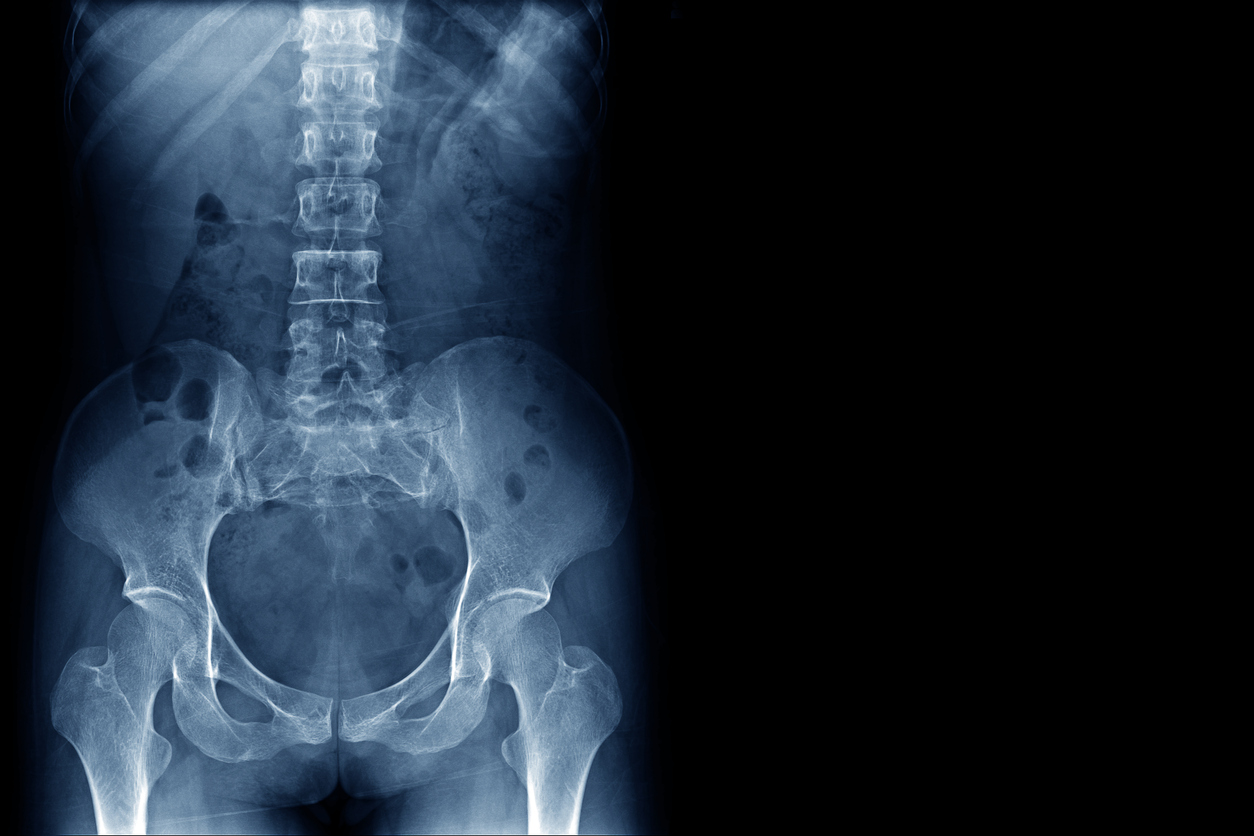Treatments
Who Is a Good Candidate for Spinal Decompression Surgery?
Source: MedlinePlus, Spine-health, Mayo Clinic, Johns Hopkins Medicine, Cleveland Clinic, Healthline

Do you find this helpful
Print
Share
Save
What is spinal decompression surgery?
The term “spinal decompression surgery” refers to a group of surgical procedures designed to reduce back or neck pain and/or weakness and numbness in the extremities. The goal of spinal decompression is to reduce or remove pressure on the spinal column and nerves. Spinal decompression surgery may involve:
- shaving bone to allow room for spinal nerves.
- removing an intervertebral disc and fusing two vertebrae together.
- scooping out part of a disc pushing on a nerve.
Who is a good candidate for spinal decompression surgery?
Spinal decompression surgery may be recommended in the following situations:
- Certain spinal conditions, such as spinal stenosis, symptomatic degenerative disc disease, herniated discs, bulging discs, sciatica, or pinched nerves
- No improvement in symptoms after six to 12 weeks of conservative treatment
- Moderate to severe pain
- Symptoms that interfere with daily life
- Risk of spinal cord damage
Individuals should consult an orthopedic or neurosurgeon with experience in spinal decompression to determine if they are an appropriate candidate for surgery.
















